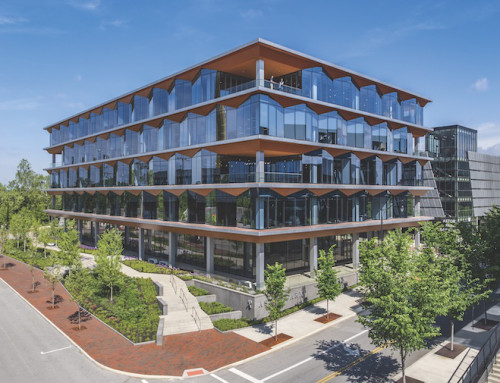WASHINGTON (AP) — The first caller on a telephone town hall with Maryland Rep. Andy Harris, leader of the House’s Freedom Caucus, came ready with a question about the Affordable Care Act. Her cousin’s disabled son is at risk of losing the insurance he gained under that law, the caller said.
“Now she’s looking at two or three times the premium that she’s been paying for the insurance,” said the woman, identified as Lisa from Harford County in Maryland. “I’d love for you to elucidate what the Republicans’ plan is for health insurance?”
Harris, a seven-term Republican, didn’t have a clear answer. “We think the solution is to try to do something to make sure all the premiums go down,” he said, predicting Congress would “probably negotiate some off-ramp” later.
His uncertainty reflected a familiar Republican dilemma: Fifteen years after the Affordable Care Act was enacted, the party remains united in criticizing the law but divided on how to move forward.
That uncertainty has come into focus during the federal government shutdown as Democrats seize on rising premiums to pressure Republicans into extending expiring subsidies for the law, often referred to as Obamacare.
President Donald Trump and GOP leaders say they’ll consider extending the enhanced tax credits that otherwise expire at year’s end — but only after Democrats vote to reopen the government.
In the meantime, people enrolled in the plans are already being notified of hefty premium increases for 2026.
Republicans say they want a broader overhaul of the health-care system, though such a plan would be difficult to advance before next year.
Party leaders have not outlined how they’ll handle the expiring tax credits, insisting they won’t negotiate on the issue until Democrats agree to end the shutdown.
A September analysis from the nonpartisan Congressional Budget Office estimated that permanently extending the tax credits would increase the deficit by $350 billion from 2026 to 2035.
The number of people with health insurance would rise by 3.8 million in 2035 if the credits are kept, CBO projected.
As town halls fill with frustrated voters and no clear Republican plan emerges, the issue appears to be gaining political strength heading into next year’s midterm elections.
“Premiums are going up whether it gets extended or not,” said GOP Sen. Rick Scott. “Premiums are going up because health care costs are going up. Because Obamacare is a disaster.”
At the center of the shutdown — now in its fourth week — is a Democratic demand that Affordable Care Act subsidies passed in 2021 be extended.
Trump has long promised an alternative. “The cost of Obamacare is out of control, plus, it’s not good Healthcare,” he wrote on Truth Social in November 2023. “I’m seriously looking at alternatives.”
Pressed on health care during a September 2024 presidential debate, Trump said he had “concepts of a plan.” Nearly 10 months into his presidency, that plan has yet to come, however.
Mehmet Oz, administrator of the Centers for Medicare and Medicaid Services, last week told NBC, “I fully believe the president has a plan,” but didn’t go into details.
Asked last week on CNN whether Republicans have a plan to address the subsidies if the government reopened, House Speaker Mike Johnson said they had “proposals” that can be “ready immediately.”
“It’s a very complicated, very complex issue, that requires a long time to build consensus around,” he said.
With notices of premium spikes landing in mailboxes now and the open enrollment period for Affordable Care Act health plans beginning Nov. 1, the political pressure has been evident in Republican town halls.
In Idaho, Rep. Russ Fulcher told concerned callers that “government provided health care is the wrong path” and that “private health care is the right path.”
In Texas, freshman Rep. Brandon Gill responded to a caller facing a premium increase by saying Republicans are focused on cutting waste, fraud and abuse.









